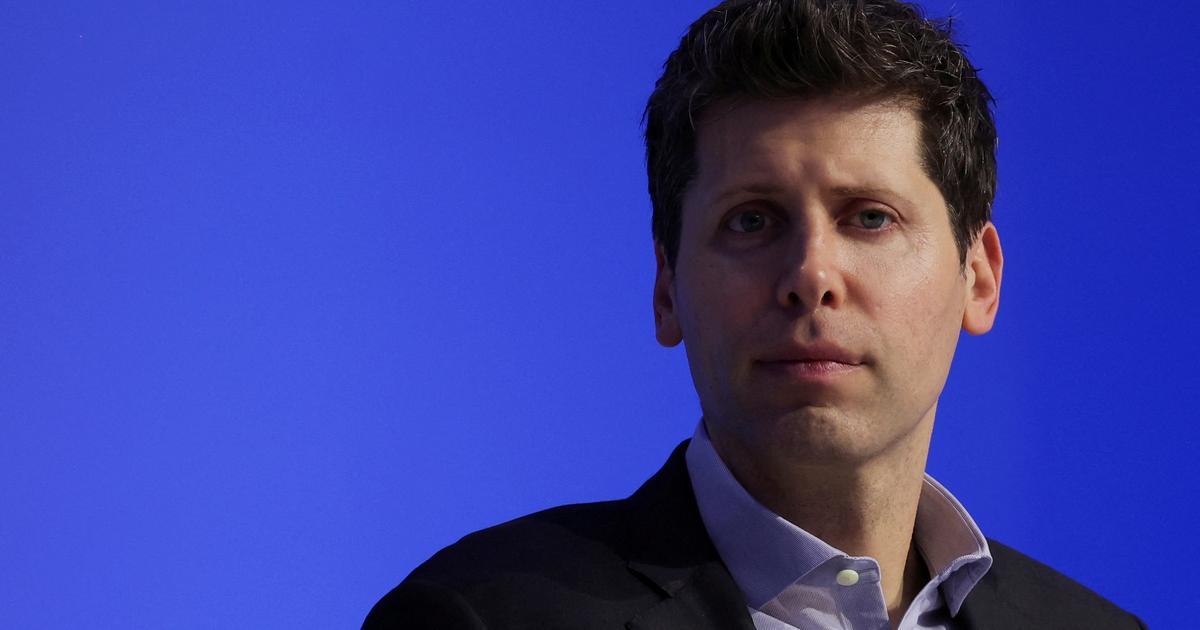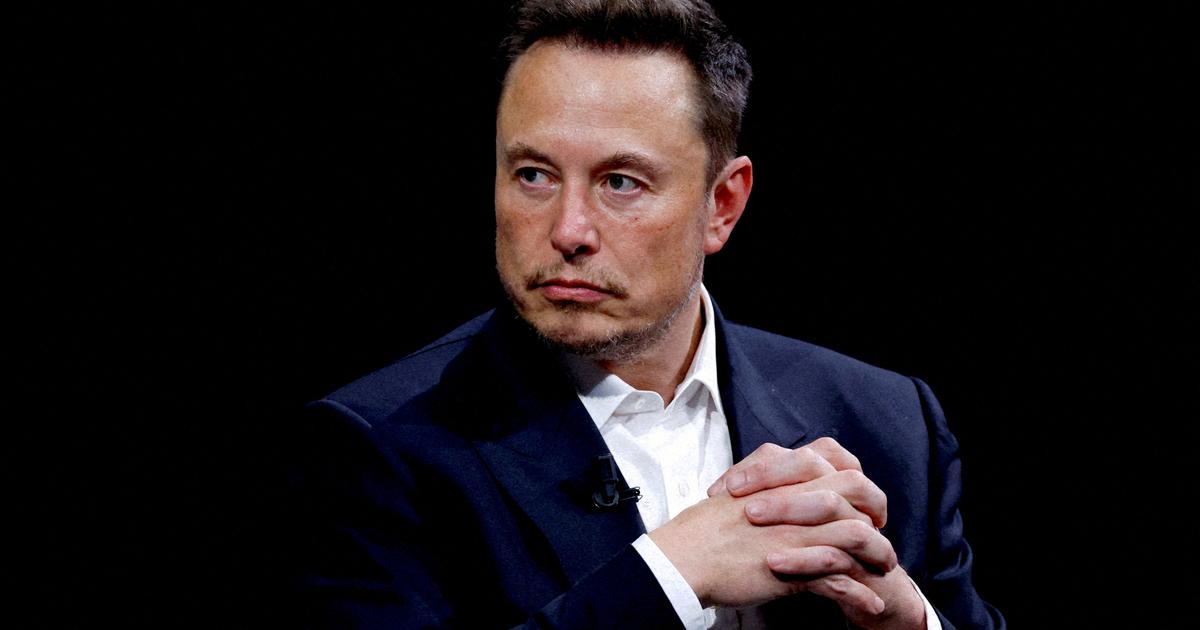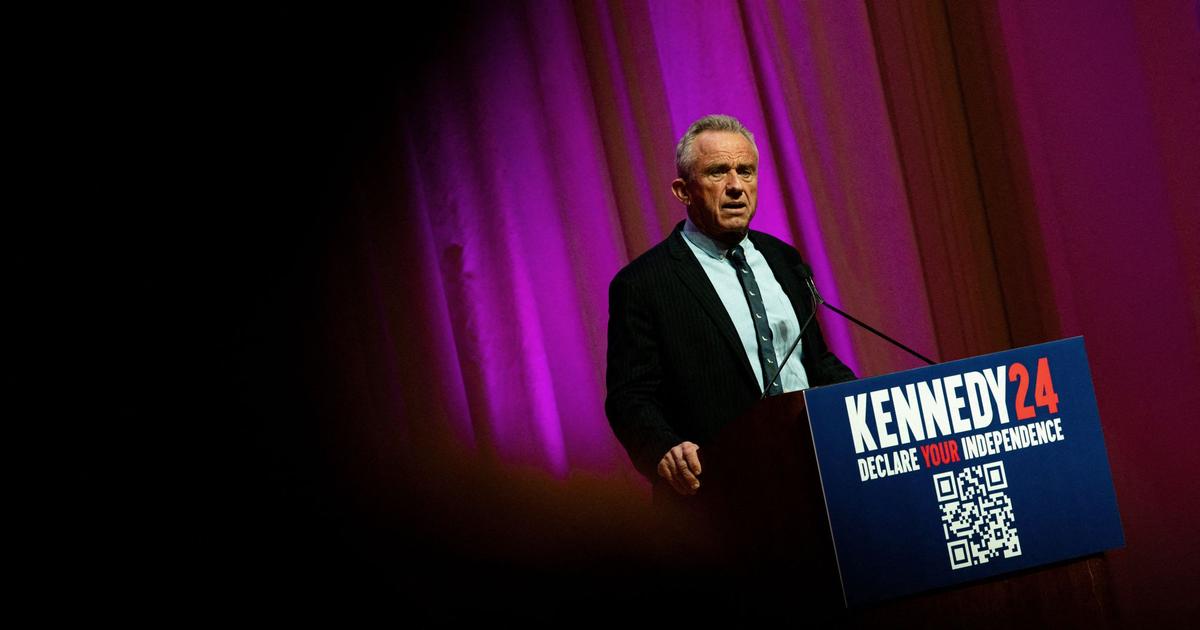This article is part of the weekly Technology newsletter, which is sent out every Friday.
If you want to sign up to receive it in its entirety, with similar topics but more varied and brief,
you can do so at this link.
This 2022 has had at least six substantial stories.
The purchase of Twitter is not the most important.
1. Now an artificial intelligence has arrived
On September 16, this
newsletter
toyed with an implausible text request for an artificial intelligence that "in a few years" would allow writing effortlessly.
The text of the exaggerated request was: ”Write a technology newsletter with the three most Googled topics in the last 7 days, short paragraphs, few metaphors, six quotes, one from Premio Touring, a mix of Simone de Beauvoir and Javier Marías style, no words out of five syllables or more, two original ideas, little first person”.
The answer did not take “a few years”.
On November 30, it could already be created with ChatGPT, an extraordinary tool created by OpenAI.
The result is confusing, because the tool does not have internet access and uses old examples, and perhaps because the request is too convoluted.
But it's still awesome:
A newsletter written by a computer.
But that was just one example.
You may be asked for headlines for this article, they are also reasonably mediocre:
Headline options for a summary article of the year on technology.
But it can easily explain why the coyote never catches the roadrunner:
Why does the coyote never hunt the roadrunner?
It's something that Google clearly can't answer so easily:
Google answers worse to the question about the coyote and the corecaminos.
He also knows how to compose lyrics for a Christmas carol for Extremoduro:
A Christmas carol for Extremoduro.
Or write a story about toast and ants with a remote biblical tone:
A Biblical story?
Or help write a story about the CIS and Coalition Canaria.
It confuses concepts, but still in some section of Última Hora they appreciate the draft:
Is the CIS the ballot box?
That says ChatGPT.
To try all this, all you have to do is open an OpenAI account with an email and start asking questions.
In the results you see a lot of problems and errors.
But something like this was hard to imagine: not only does he write fluently in Spanish (which is not English), but he understands the questions.
ChatGPT by itself would already be a story of the year, but in the summer several companies launched image generators based on text requests.
The sum of these two novelties makes 2022 the year of artificial intelligence.
Some people compare these innovations with milestones such as the first browser or the iPhone.
They may seem exaggerated, but they evoke something similar.
Unlike the metaverse or driverless cars, this technology is being used from day one by millions of people and there are hundreds of companies working to integrate it.
Google is probably the main concern.
This week the
New York Times
reported that ChatGPT is a "code red" for Google.
Google has two problems with this technology, and neither is the inability to develop it: one, if clear answers are imposed, its ad-based business model is diluted.
If the answer is already there, you don't need to click.
Two, OpenAI can risk its prestige with incorrect, racist or sexist answers.
But Google has a lot more to lose.
Your slowness in adopting these changes may give life to alternatives.
Google's doubts are just one example of the opportunities these technologies will create.
Applications like Notion have already begun to incorporate it into their services (for you to ask me to write an email or generate 10 ideas for a project), the plagiarism detection software Turnitin boasts that it was already prepared for this moment and will detect works (thesis? doctoral studies?) made with this technology, the journalistic predictions for 2023 from NiemanLab are full of AI, the copyright war between illustrators and companies and doubts about what the art of the future will be like will be a tireless debate.
Greetings AI-native hackers.
@natfriedman and I present a small hack from last weekend: Tele-Prompt.
An on-device AI for your meetings that listens to you and makes charismatic quote suggestions -- pic.twitter.com/KTQobkH0rO
— Daniel Gross (@danielgross) December 20, 2022
There are already companies that see a business model in generating requests for better images or texts or scripts or songs and even those who have applied it to the
teleprompter
that politicians read.
In 2023 it will be reasonable to doubt whether someone has written anything.
The opportunity will always be in who uses it best.
Is it a tool to improve human works and ask more difficult questions or will it be a resource to be more lazy?
2. Yes, Musk too
Time
chose Elon Musk as its person of the year in 2021 for his work at Tesla and SpaceX.
In 2022 he bought Twitter.
It remains to be seen if it is an unconditional improvement.
Musk has gained insurance on something: in digital inches of media and network coverage.
He is a new Trump: each tweet generates virality, which provokes more interest and which Musk encourages.
Media analyst Jack Shafer describes the journalists' addiction this way: "Having played so much in Musk's favour, you'd think reporters and editors would throw ice cubes at 'hot' news stories about Musk dismounting every 15 minutes and calling it quits." they would serve, if they must, in short articles buried in its pages.
But no, journalists continue to swallow Musk's bait like indiscernible river carp.
What does Musk have to compare to [President Trump's power]?
Only $163 billion in a world filled with billionaires and a social media site that isn't even in the top 10 for global users."
With everything that has been written about Musk, which must be rewritten in a few hours or days, it is useless to recover it here.
It can be summarized like this: he bought a social network in decline and in economic crisis dearly, he uses his resources to keep it in the limelight of importance and it is not at all clear that he is going to achieve it.
3. TikTok is getting bigger and there are more networks
Twitter's apparent crisis has sparked endless “where do we go next?”
There is not a single answer.
It is probable that each one makes his way and that it is different.
This disintegration will dilute the feeling of seeing everyone the same.
Clearly it will not disappear in events like the World Cup or elections to the White House.
But even in those cases people will be lost.
The Oscars, for example, are no longer what they used to be.
The best example is the network that today occupies a central space in the lives of those under 30: TikTok.
Its success is overwhelming and we journalists look at its relationship with the US Government and its handling of data.
But it is more difficult to cover.
The central reason for its success is the individualized chronology for each user.
The conversation will be more distributed, perhaps among the comments on TikTok, Reddit, Mastodon, a Discord and some Twitch streams.
That to name just a few of those that exist.
Twitter will continue but it seems to change forever.
This point is not so much a story of the year as a trend that has accelerated.
4. The end of the unstoppable era of big technology
All stories on this list appear on Google trends as featured.
Although this chart gives a lot of weight to the layoffs in Silicon Valley
(tech playoffs)
because they may have added similar terms, they have less.
Most searched terms on Google in 2022.
But it's clearly na story of the year: 2022 has been bad.
Layoffs are the prime example.
Amazon, Meta, Snap, Intel, Twitter have laid off thousands of employees.
The stock market value of Apple, Netflix, Uber and most technology companies has fallen.
It does not seem to be a definitive crisis, but the feeling of inevitability that they had a few years ago has melted.
It is true that this year artificial intelligence explodes.
But the great promises of two decades ago are not going to arrive any time soon.
The best hope is the metaverse and we'll see [more details below].
“The iPhone and cloud computing enabled a Cambrian explosion of new technology.
Some things went right and some went wrong.
But one that went rarely well was that a lot of people got rich and asked, 'okay, now what?'” This quote is from Sam Altman, leader of OpenAI, and is from an
Economist
article asking what they aspire to Silicon Valley thinkers now that big companies are landing.
We know what Google, Amazon, Netflix or Apple do.
They all do magnificent things that are hard to copy, but none seem to have the next big thing on their hands.
This flattening of the hopes of the greats has been one of the stories of the year.
5. Oh metaverse, where are you
If someone says for sure that the metaverse is the future of everything, they probably work for Meta.
Mark Zuckerberg's commitment to virtual reality is unstoppable.
This year they have released new glasses that are better than the previous ones, but not definitely superior.
Maybe Apple will present them in 2023.
Also whoever says that the metaverse is a bottomless dark pit is making it up.
It is possible, for example, that virtual reality is imposed for work or games or exercise or leisure and not all.
It's all to see.
But this 2022 has been the first full year as Meta and Zuckerberg has little to offer.
In his last call with investors he said: "The metaverse is a set of efforts that we work on for the long term, but I think it will work out eventually."
That moment of sincere doubt is valuable.
Unlike the iPhone or ChatGPT, it is not a technology that has millions of people pending as soon as they leave.
It's a problem.
6. Is the crypto decline punctual?
Just a year ago the word NFT was the promise of money.
We journalists had spent months trying to explain what they were.
On January 9, we published the second most read story of the year in the technology section: it was about a Catalan artist who had made “a hit with NFT”.
In July, however, the most widely read were a Brazilian professor who gutted the technological base of cryptocurrencies and a ponzi scheme that affected thousands of Spaniards.
[The entire list of the most read in the section will be out next week, sign up for the newsletter if you want to receive it].
Between the January clamor and the July slump, the value of crypto fell and there were bankruptcies.
As if that were not enough, in November came the surprising fall of the crypto trading platform FTX, with the famous Sam Bankman-Fried at the helm.
Winter has affected everyone: OpenSea was the main trading platform for NFTs and in one year they have lost 90% of their trading volume.
This story is about a fall, we'll see if with a comeback.
You can follow
EL PAÍS TECNOLOGÍA
on
and
or sign up here to receive our
weekly newsletter
.


/cloudfront-eu-central-1.images.arcpublishing.com/prisa/Z7MKM645QBGTJOMIIEOGHFZOV4.jpg)
/cloudfront-eu-central-1.images.arcpublishing.com/prisa/LAO4YH4MT6P5ML3EI33T7KEJIE.jpg)




